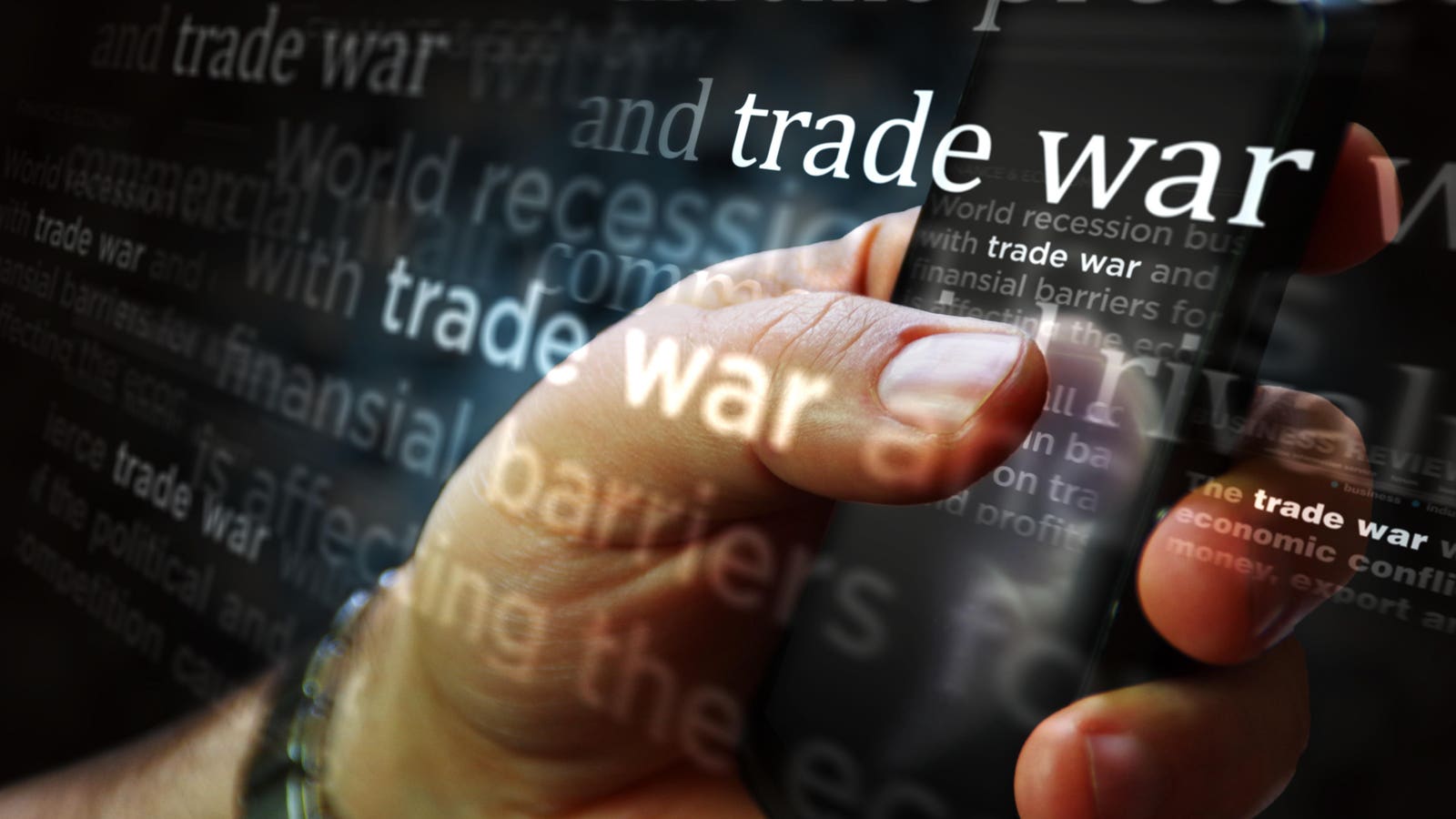Money
How To Find Investment Opportunities In The Next Trade War

Understanding Market Volatility and Recency Bias
In the financial world, events like trade wars, government shutdowns, and natural disasters can cause significant market volatility, leading to short-term downturns. However, these events often present opportunities for long-term investors, particularly those planning for retirement. The key to understanding this lies in the concept of recency bias, a psychological phenomenon where recent events heavily influence decision-making. Investors tend to focus on the latest news, whether positive or negative, often leading to impulsive choices. This bias can result in overreaction, driving markets to extremes. For the wise investor, recognizing this bias is crucial, as it can uncover opportunities hidden within short-term turmoil.
The Impact of Trade Wars on Markets
Trade wars, with their associated tariffs, can cause immediate market reactions. For instance, President Trump’s tariffs on Mexico and Canada led to a rapid market decline, only to recover within hours when the tariffs were postponed. This rollercoaster illustrates how quickly markets can react to geopolitical events. Experts like Philip E. Battin predict increased volatility as markets assess the impact on corporate earnings, emphasizing that uncertainty often leads to market unease. While such events can be unsettling, they can also be opportunities for those with a long-term perspective.
Historical Context: The Effects of Tariffs
Historically, tariffs have had varied effects. The 1963 chicken tariff led to increased domestic truck sales, benefiting American manufacturers. Conversely, the 2002 steel tariffs provided short-term relief but ultimately hastened the industry’s decline. These examples show that tariffs can have complex, unpredictable outcomes. They also highlight that while tariffs might offer short-term benefits, long-term effects are less certain, influenced by broader economic factors like the Covid-19 pandemic.
Navigating Investment Decisions During Trade Wars
During trade wars, certain industries and companies are disproportionally affected. For example, the 2018 solar tariffs hurt companies reliant on imports, while others like Tesla benefited from shifting market dynamics. Experts suggest focusing on companies with less exposure to tariffs and leveraging related technologies. Kevin Surace of Appvance notes that moving production out of China became imperative, offering a strategic advantage for some firms. This underscores the need to consider tariffs as part of a broader investment strategy.
Preparing for Uncertainty: Strategies for Long-Term Investors
Long-term investors should adopt a proactive approach. Jason Dall’Acqua advises creating a watchlist of desired investments with specific buy prices, allowing timely action during market dips. This strategy, combined with diversification and a clear investment thesis, can mitigate risks. Understanding the rationale behind each investment decision is crucial, ensuring that choices align with long-term financial goals, thereby turning volatility into opportunity.
Conclusion: Turning Adversity into Opportunity
In conclusion, while events like trade wars introduce uncertainty, they also offer strategic investment opportunities for the prepared investor. By understanding recency bias and maintaining a long-term perspective, one can navigate volatility effectively. Historical examples illustrate that while tariffs may cause short-term disruptions, they can also create lasting advantages. The key is to remain informed, prepared, and strategic, transforming adversity into a pathway toward financial success.


















